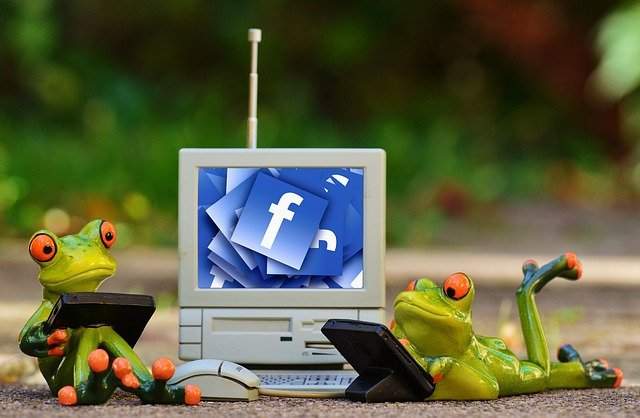
Whether due to the success of documentaries such as ” The Social Dilemma “ or the bad press increasingly associated with the Facebook brand, more and more people are interested in reducing their dependence on the company, a complicated task given its status as a social network and, therefore, the importance of network externalities. When a social network is used by more than 2,500 million people and its industry is characterized by determining a single winner, leaving it is not necessarily easy, and the impression you have if you simply disconnect is, in many cases, that you have become in asocial.
What really hurts us about a network like Facebook? Simply, the infinite level of control that the company aspires to have overall our data, together with the lack of ethics that it manifests in its use, has given rise to its current reputation. Therefore, if you do not consider eliminating that network from your life, you can consider reducing its impact, removing from it all the data you deem appropriate. To do this, it is worth reflecting on how you use Facebook: if its main function is to keep in touch with friends and acquaintances, it is normal to think that they already know the vast majority of your basic personal data, which Facebook uses to administer a good part of their advertising, and therefore, you could eliminate them, keeping a basic profile.
But if you want to take the issue a bit further, and considering that Facebook squeezes all possible information out of all the data you provide and that you do not provide, opt for a much more reasonable measure: uninstall the application from your smartphone, and start to use it only in your computer’s browser, only for as long as you want to. Remove the app from your smartphone avoid letting the company get a lot of information about your habits, and disciplining yourself to enter only once a day and close the window immediately afterward can even be a good form of therapy. Enter, see if someone has sent you something or you want to comment on something, and exit. And above all, do not read the news on Facebook. Just don’t consider it an app for that. Find out elsewhere. And obviously, don’t use your Facebook profile to authenticate anywhere: does it make any sense to share the usage information of that site with the biggest gossip in the world?
Now: given the progressive merger and interdependence of the company’s properties, you surely still have a problem, called WhatsApp or Instagram, which are also dedicated to capturing all the data that you allow them to access. Next measure, therefore? In the case of WhatsApp, try to convince your contacts to switch to a more innocuous app, which could be Telegram – which already reaches five hundred million users and begins to reveal some plans for its next monetization – or, ideally, Signal, that belongs to a non-profit foundation and maintains privacy as a fundamental flag and reason for being. The case of WhatsApp is important because, after a few years of relative innocuousness, it is now Facebook’s most important bet for the future, which will imply big changes in the use that the messaging app will make of your information.
In the case of Instagram, the replacement can be a significantly more difficult task for many of its regular users, so at a minimum, check the permissions you give to the app in the settings of your smartphone and, at least, delete the location ( you can add it manually to each photo). By its nature, considering using Instagram only on the computer instead of on the smartphone seems extremely difficult, so that it is, quite possibly, one of the channels through which the company will obtain information about you. Be aware of it when you use it.
What else can you do? If, in addition to the aforementioned, you install Ghostery or some other similar add-on in your browser, you can ask it not only to remove advertising from all those pages where you do not want to see it (and to keep it in those others that you want to support and in which not particularly annoying), but also another more imperceptible issue, but that allows Facebook to know a good part of your interests: interrupt the loading of social buttons. In effect, those small and seemingly harmless “Like” or “Share” buttons enable Facebook to record your visit to that page, and add it to the information it uses for advertisers to segment your profile.
These are some of the steps that I have personally taken over time, as my perceptions of the company have evolved. The next step will come when the next redesign of this page is finished: completely eliminate the social buttons and make it completely Facebook-free, for consistency and out of respect for my readers. Sounds reasonable? Exaggerated? Impossible? Just think about these sorts of things if you really want to reduce your dependence on the Facebook empire and don’t feel ready for a radical disconnect. Did we fix the problem by reducing our dependence on Facebook? Possibly not, but at least, it will make it possible for us to have a little more control over our data, and above all, for us to be somewhat more aware of what we deliver when we use a service on the network and about our level of dependence on them.




More Stories
Identify The Different Qualities, Processes, Types & Cleaning of Opal Beads
Unveiling the Spiritual Importance and Beauty of Crystal Beads Jewelry
How to Choose the Best Cotton Bed Sheets for Your Bed or Home Décor?